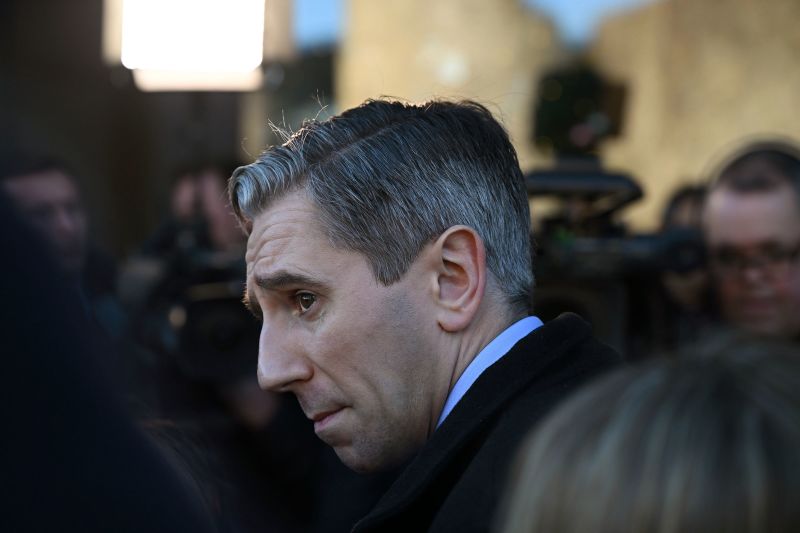With an increasing trend of political leaders employing digital platforms to reach their constituents, a prominent name that emerges in this regard is “Tik Tok Taoiseach,” as the Taoiseach of Ireland takes center stage in the country’s political discourse.
“Tik Tok Taoiseach” refers to Leo Varadkar, the incumbent Taoiseach or the Prime Minister of Ireland. Varadkar, a Fine Gael leader, garnered this nickname due to his noteworthy presence and activity on the globally popular Chinese-owned social media app, Tik Tok. Using this digital platform, Varadkar has reshaped political communication, merging traditional discourse with the vibrant language of social media.
Aspects of Varadkar’s outreach involve inviting public participation and fostering a sense of community amongst his followers. By engaging with constituents through casual, entertaining videos, he attempts to cater to younger audiences who are traditionally less involved in politics. This digital strategy, though novel for a national leader, is becoming progressively common across the globe.
As Ireland heads towards elections, the spotlight shines brightly on the Tik Tok Taoiseach. Varadkar’s campaign maneuvers extend beyond conventional political stratagems into the realm of social media. His Tik Tok persona is a mix of formality and affability; he uses the platform not just for discussing political policies, but also shares snippets from his personal life. This approach attempts to humanise political figures, challenging the prevailing perception of politicians as distant and unrelatable.
However, Varadkar’s unorthodox methods also attract scrutiny. Critics often accuse him of prioritizing digital marketing over critical political issues. His opponents argue that while the Taoiseach is busy curating his online persona, crucial areas like healthcare, housing, and the economy are left somewhat rudderless.
But, in the face of these criticisms, Varadkar’s digital approach has arguably improved political participation, particularly amongst Ireland’s younger demographic, who are typically disengaged from the political processes. The “Tik Tok Taoiseach’s” social media savvy persona has sparked interest and conversations among this group, which is a remarkable feat since today’s youth shape tomorrow’s political landscape.
As Ireland progresses to polling day, it remains to be seen if Varadkar’s digital outreach will translate into concrete electoral support. In this election cycle, his digital maneuvers emerge as a key discussion point, focusing on their implications for political processes, democratic participation, and the future of digital electioneering. The “Tik Tok Taoiseach” himself could very well usher in a new age of digital governance, setting a precedent for future leaders on national and global stages.
While the concept of a “Tik Tok Taoiseach” may seem novel at first, the amalgamation of politics and social media is an intricate part of our progressively digital world. Whether Varadkar’s approach influences electoral outcomes remains to be seen, but its effects on how political leaders communicate and engage with their constituents are indeed revolutionary.




